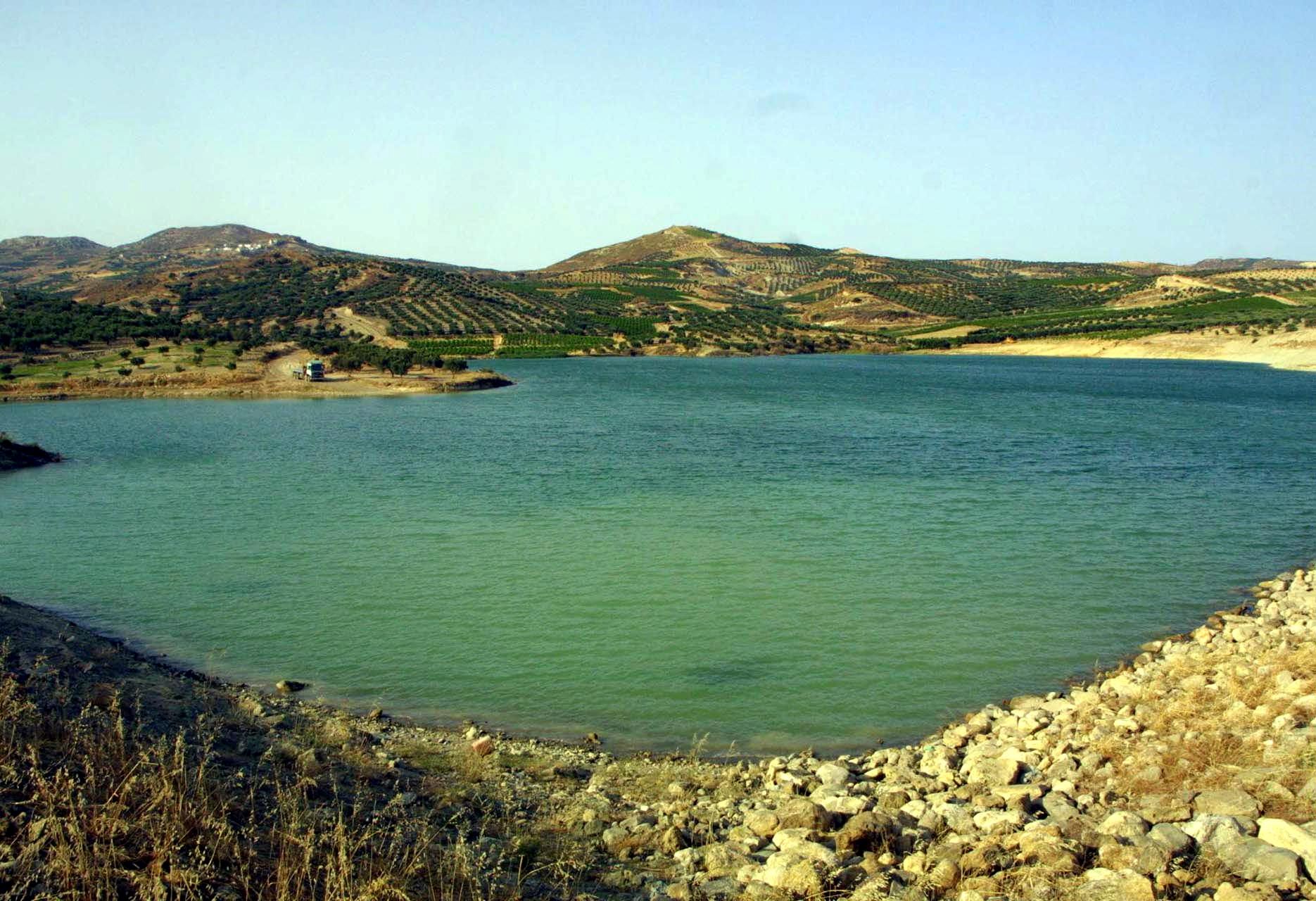Alarm bells are ringing on the island of Crete due to very low drinking water levels in the island’s dams, which in some cases leave regions with just five weeks of drinking water, unless it rains on the island.
Of the 13 dams on Crete, the one at the lowest level feeds the island’s capital of Heraklion and the areas of Hersonissos and Agios Nikolaos, called the Aposelemi dam. Currently its water levels are at 16pct of its total capacity of 25.3 million cubic meters, or a mere 4 million cubic meters, down from 15-17 million cubic meters during the same period in 2022.
Officials and scientists attribute the decrease in water levels to increased consumption during the summer months as well as to low rain levels over the summer. In the event that the much prayed for rains do not arrive, officials have mentioned that they are examining the possibility of water restrictions.
Of Crete’s four regional units, the eastern regional unit of Lasithi seems to be the worst effected, as it tends to be impacted the least by weather systems on the island.
Considering the longterm impact of climate change on the island and the criticality of the situation, it was decided in a meeting held under the Minister of Rural Development Lefteris Avgenakis in Heraklion that the water management of Crete (water supply, irrigation, flood control projects) will be transferred to the Development Organization of Crete.
Over the next month, the Development Organization will submit information on the island’s water supplies to a group of Dutch scholars so they can make a holistic master plan for the entire island’s resources, for which financing will be sought, according to statements made by the Managing Director of the Development Organization Aris Papadogiannis to Ta Nea.
The group of Dutch scholars mentioned by Papadogiannis is also the same group that will make an approximately 2 billion euro master plan for the region of Thessaly following the epic floods in the region this year.
Papadogiannis added, “In all of the dams of Crete, water levels are reduced. We cannot be complacent. The Aposelemi dam has adequate water levels until the end of the year.”
The region of Crete is on alert over the sufficiency of water levels with the Governor of the Region stating, “There is a concern over the reduced levels of water. I believe that it will rain however during December as winter arrives. The Region is not responsible for the matter but there is concern that the dams must be filled…There should always be a centralized approach to the control of water supply and irrigation to avoid over consumption. I do believe that, from what we read, the winter will be good.”
Following the news, Associate Professor of Integrated River and Coastal Zone Managment of the Unversity of the Aegean Ourania Tzoraki said, “Analyzing the rainfall at the Aposelemi dam recorded by the Malia Meterological Station of Heraklion, we notice that from October-November 2021 there was only 31.7mm of rainfall, while December turned out to be a wet month with 179.44mm of rain. Last year, October-November posted 97.8mm of rain and December then turned out to be very dry, with only 8.4 mm of rainfall. In October to November of this year, precipitation reached only 23.2mm. This year we hope for a rainy year.”



